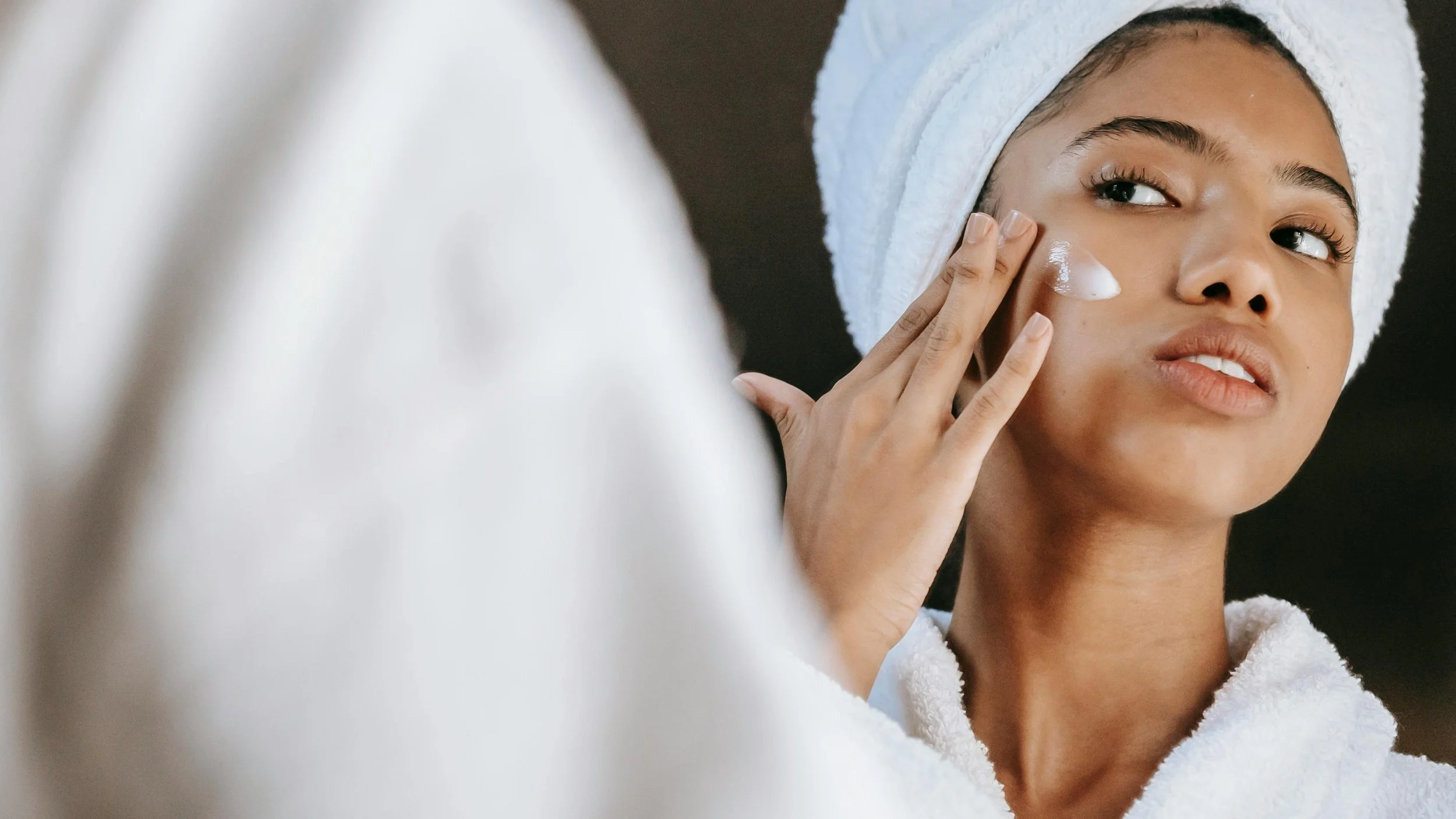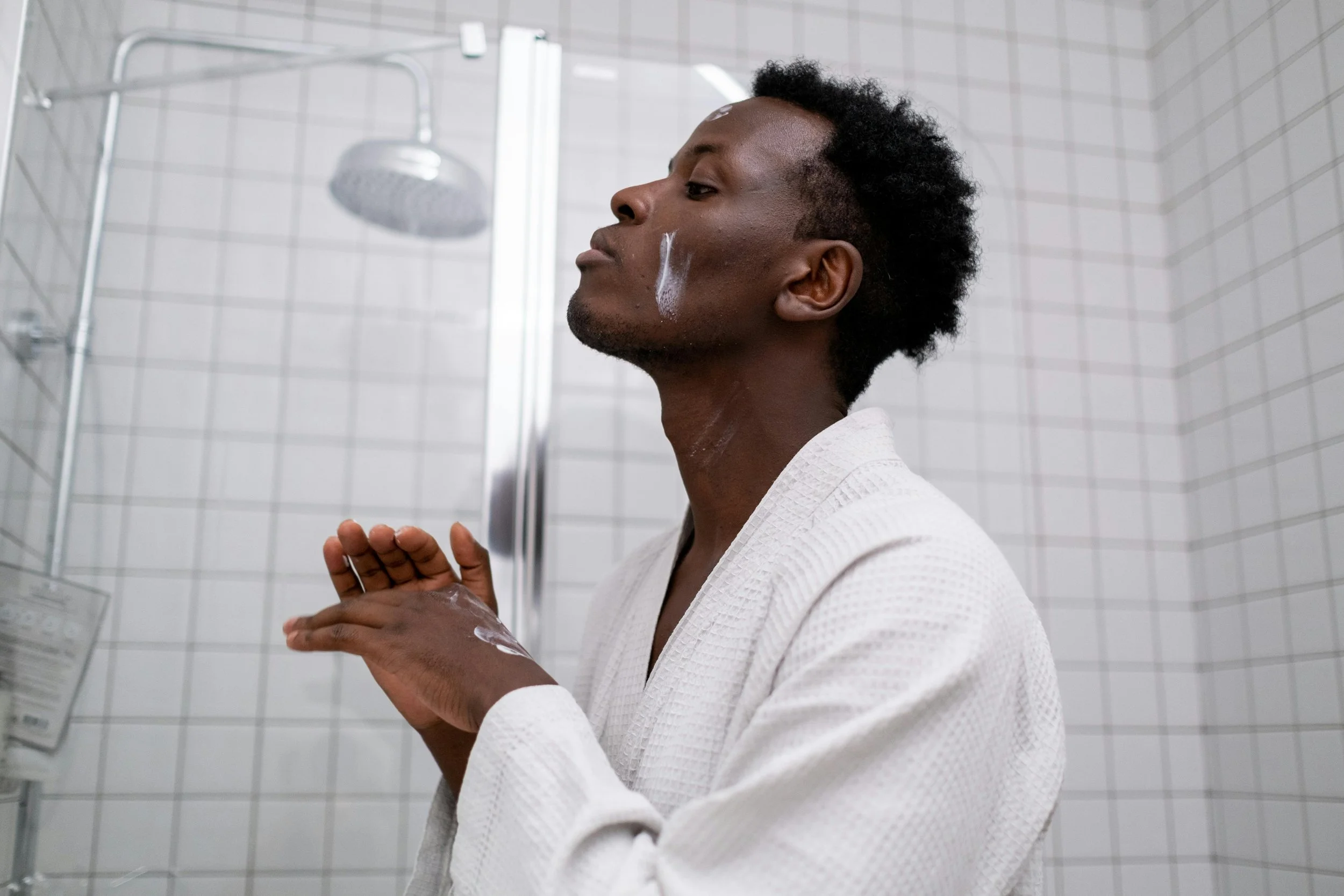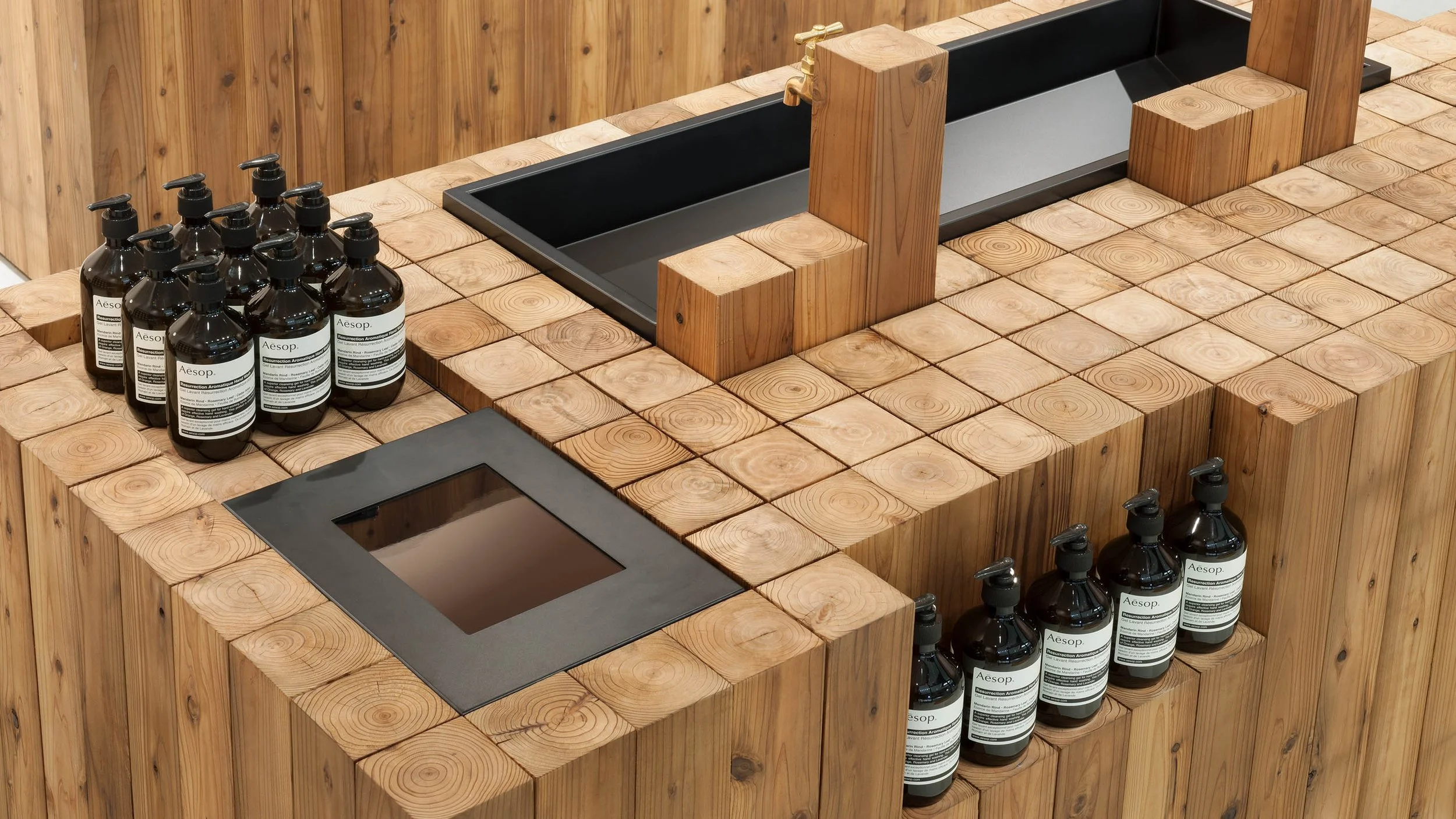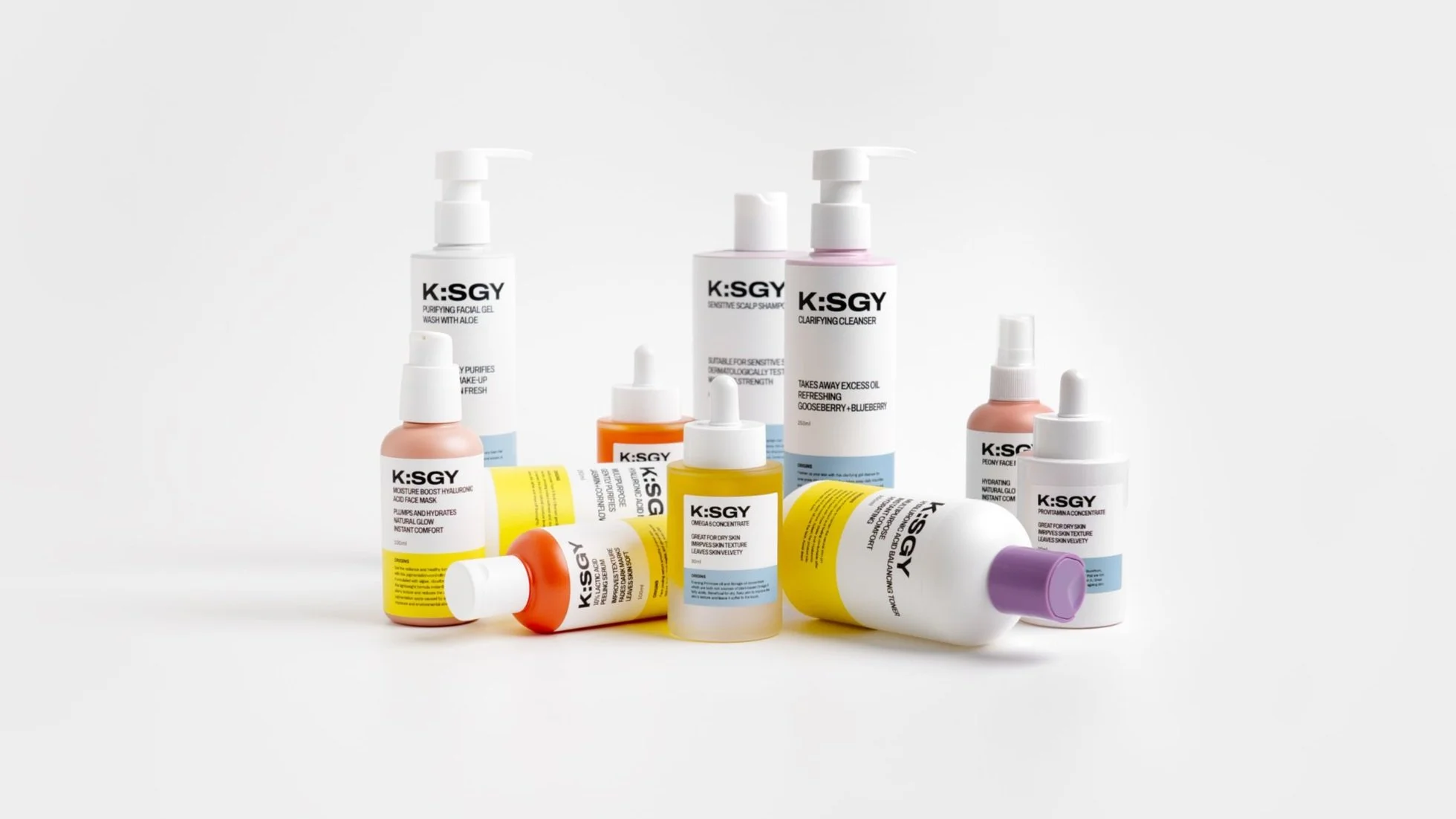Finding Your Niche: How to Stand Out in The Skincare Market
Source: Selfnamed
Navigating the constantly evolving skincare market can be unnerving, especially for beginners. This is why establishing a unique presence in this highly competitive industry is vital for your success. This is where finding your niche comes into play.
Having a clear-cut niche not only sets your brand apart but also cultivates a loyal customer base and brand awareness.
Private label skincare manufacturers make it easy for beginners in this industry to focus on finding that niche, carrying out the branding and marketing, while they take care of product production, delivery, etc.
In this article, we are going to help you find your perfect spot in the skincare industry!
Why Finding a Niche is Critical in Skincare
According to McKinsey & Company, the global beauty market reached $446 billion in 2023, with skincare accounting for 44% of the market This growth shows a highly competitive environment, with many brands vying for consumer attention.
Here are some of the crucial reasons as to why niche focus is necessary to succeed:
Brand Recognition: Thousands of brands are competing for the spotlight, and without a unique solution, it’s easy to get lost in the shuffle. So, focusing on a niche makes you more visible to a particular group.
Market Positioning: Once you are not everything, everywhere, all at once, you have something that most general brands lack–expertize. Niche brands can show their expertise in their particular area through specialised knowledge and products that cater only to this.
Customer Loyalty: By addressing their unique needs and preferences, you foster a stronger relationship with your customers, which in turn gets you loyal customers.
Resourcefulness: Narrowing down your audience helps you aim your marketing strategies as well, resulting in saved time and money.
Adaptability: Private label skincare options make it easier to adapt and evolve your brand to stay relevant and meet changing consumer preferences.
Source: Pexels
Steps to Identify Your Skincare Niche
Find what gets you ticking
When starting any business, it's important to know why you chose this specific niche. Maybe you’ve struggled with acne, sensitive skin, or finding products that match your skin tone.
Or perhaps you see the need for vegan, natural, and organic skincare practices to match your values. And since you are not alone in this vision, you can easily find the perfect audience to reach out to.
Having your passion in harmony with your business idea will give it a solid foundation, and a voice for your brand.
Research, research, research
As boring as it may sound, research will take you a long way. You need to analyze the skincare industry and find out the unmet needs and demands. You’ll be surprised to find how many points are being overlooked by even the top skincare brands.
So, by observing and focusing on such specific skin concerns or underserved demographics and mixing them with emerging trends, you have yourself a hidden treasure island!
Now, that specific unmet need may not even be that far away–start by exploring your own skincare needs, and ask around to your friends and family. Personal insights tend to offer some of the best ideas! And don’t forget that thorough market research helps further understand the current size and potential of your skincare niche.
Who is your target audience?
Find the audience that matches your solution, not the other way around. The previous steps helped you find the problems to target, and now you need to find the people who would appreciate your solution.
Imagine marketing your natural and organic acne care product range for dry skin to a general skincare audience. If more than half of the people you reach have oily skin or no acne issues, you're wasting your time and resources.
Instead, find the audience with dry, acne-prone skin through communities, forums, etc. This way, you reach the exact audience that would be interested in trying your product.
Source: Pexels
Once you find your niche audience, you need to go beyond just understanding their skincare preferences:
Research: Analyze and define customer persona.
Demographics: How old are they? How much do they earn? Where do they live? Most skincare enthusiasts tend to be females belonging to the Millennial and Gen Z generations.
Psychographics: What are their interests? Beliefs? Hobbies? Lifestyle? Values?
Purchasing behaviours: Are they looking for luxury, organic or budget-friendly skincare lines?
Marketing factors: Which social media platforms do they mostly use? What trends do they follow? Which celebrities or influencers are they interested in?
This basic yet crucial research and analysis will help you gain like-minded customers and build a loyal customer base.
You snooze, you lose!
Try to understand what consumers are looking for in their skincare products and how these trends can sway your niche as well. You can keep up with the latest skincare trends by:
Engaging with online skincare communities through Instagram, Facebook, TikTok, Reddit, etc.
Follow skincare industry news and publications. Some of the well-known sources we suggest reading regularly are Global Cosmetic Industry, Beauty Business Journal, and New Beauty.
Keep an eye out to identify emerging trends such as sustainable skincare, anti-age products, SPF awareness, etc.
With private label skincare manufacturers, such as Selfnamed, it's much easier to react to trends in your niche since you don't have to develop formulas–it's already done for you and you can easily add/remove products from your catalogue!
Competitor analysis
Skincare is one of the most highly saturated markets, so you will have quite a lot of competitors. But once you narrow it down to your niche competitors, it won't feel as overwhelming.
Having competitors is not always a bad thing. This gives you an opportunity to see what products they offer, how they present them, their customer base, and how they position themselves in the market.
Researching and analysing their strengths and weaknesses will give you a boost to start your brand and which products to develop, which marketing channels to use, how to position your brand in the market, etc.
For example, if you are choosing your skincare niche to be an acne-care specialized brand, and you see that even the well-established brands in the same niche only offer their products for the general skin type, you can identify a gap in the market. This is where you can introduce acne-care skincare lines for each skin type–sensitive, oily, dry, combination, etc.
Create a brand identity
You need more than just designs and products to introduce yourself to your audience. You need a distinct voice that allows you to stand out. Give your brand a personality—something your audience can relate to and connect to. It could be through unique designs, personal stories, values or all of it together.
Your brand is a promise to your customers as to what to expect from your products. And you need to show them what you are offering. The characteristics of your brand should align with the desires and interests of your target audience, pulling them to your brand.
Source: Aesop — they have developed a very recognizable aesthetic that lets them be recognized without even seeing their logo.
Let's start somewhere easy—take your audience through the journey of how the brand came to be; and what inspired you. You can even share your passion and how it sparked the whole idea. Most of all, you need to form an emotional connection with your audience through your story.
Now, to make it all work together, you need to weave a personality for your brand with all these crucial elements. And you need to make sure to keep a consistent tone and attitude in your brand activities.
Test your niche concept
It is important to test both your ideas and the product before you hard-launch it. To make sure you’re on the right track, you can order a small batch of your skincare products and test it within a selected group from your target audience.
After getting feedback from them on the product's effectiveness and overall experience, you can use that to decide whether your idea will be successful. And if you feel like it's not, don’t worry, you don't have to completely start anew, you can try it again with other products!
Collabs and partnerships
To succeed in your business, identifying potential partners such as suppliers, manufacturers, and, industry experts who align with your vision is a vital step. With such collaborations, you can increase your brand’s credibility, awareness and run your business efficiently.
This is where private label manufacturers come into play. With broad experience and expertise in the skincare industry–including trends, formula production, and more, they offer your brand an effective, trouble-free start.
On top of that, partnering with skincare manufacturers reduces your costs associated with research, development, and production, which means you can focus more on your brand.
Keep improving!
Once your brand is launched, it is important to constantly monitor the performance of your skincare products, marketing and communication efforts, etc. and gather feedback.
You can recognize the changes required to improve your brand early on just by following these tips:
Regularly review and refine your niche to ensure it remains relevant and competitive.
Use surveys, focus groups, and social media to gather feedback from current and potential customers.
Listen to the concerns being raised regarding new skincare products, preferences, and unmet needs, not only surrounding your brand but in the whole niche.
By following these tips, you can thoroughly identify and establish a strong brand within your niche skincare market.
Niche Ideas for Private Label Skincare Brands
How to find your skincare niche? It helps to zoom out and look at the different ways a niche can actually form in the first place. Many brands start with a clear idea or a point of view, and the products come after that. Once the direction is clear, private label products make it possible to move without getting stuck in lengthy development.
Founded On A Belief
Some founders start by choosing what they stand for. Emily Weiss, founder of Glossier and Into The Gloss, pointed this out in an interview with Business of Fashion, saying there is “no shortage of product, only a shortage of integrity and quality.” Belief-led brands use that integrity as their edge, and private label manufacturing then becomes the shortcut that turns that belief into something tangible.
Skincare Rooted In Lifestyle
Source: Freepik
Instead of categories like “dry skin” or “oily skin”, some brands focus on people in specific situations – frequent travelers, night-shift workers, students, athletes, new mothers. Niches built around daily life feel more human, and that often makes marketing beauty products much more natural and easier.
Serving The Overlooked
There are still entire groups that rarely see themselves in beauty, for example, women in menopause, customers who can’t tolerate strong fragrance. These gaps often produce loyal customers, and private label manufacturing allows these ideas to be tested quickly without building formulas from scratch.
Brands Anchored In Values
For many modern consumers, values are decision filters. Vegan, refillable or EU-clean often attract a loyal audience that buys based on alignment, not impulse.
Shaped By One Moment Instead Of A Whole Routine
Not every brand needs a 12-step skincare line. Some own a single slice, like SPF or night-time repair only. Launching something narrow can still look intentional and professional.
Clarity is often what separates a brand that gets noticed from one that disappears. Once the niche you want to work with is defined, you can turn the idea into something that can actually exist in the beauty market.
Skincare Niche Examples
To understand how a niche plays out in practice, it helps to look at examples that are already working – especially those that go beyond the usual broad categories. Here are some of the high-potential skincare niche examples already showing traction in the market. Studying them is one of the most practical ways to understand what skincare niche is the best choice for you and where new brands can still enter. Particularly when using private label products to launch without starting from zero.
Men’s Minimalist Skincare
Source: Pexels
The men’s side of skincare is finally catching up as more customers look for clean and simple skincare routines. Analysts estimate the men’s skincare market could hit $18.9 billion by 2027, making it one of the strongest growth opportunities in beauty and personal care. Brands like Jack Black and Oars & Alps are already proof that a clear, practical offer can work. For anyone trying to figure out how to start a skincare brand, mens skincare is a niche that can be tested quickly with private label manufacturing before scaling.
Skincare For Sensitive And Reactive Skin
Source: La Roche-Posay
Sensitive and reactive skin is no longer a marginal concern. More than half of adults report some level of sensitivity. This is why brands such as La Roche-Posay built their positioning around gentle, fragrance-free care. Demand in this category remains stable, and new entrants can still succeed when they offer formulas people feel safe using.
Skincare For Melanin-Rich Skin Tones
Source: Freepik
Hyperpigmentation, post-inflammatory marks and uneven tone are major concerns in melanin-rich complexions. Hyperpigmentation is also listed among the top five most commonly diagnosed skin conditions in people of color. Most mainstream formulas are not created with this in mind. For new entrants, this niche offers a rare advantage – consistent demand and an audience actively searching for brands that speak to them. Great examples are brands like Topicals and Bolden, which already focus on serving people who are often overlooked.
Skincare For Active Lifestyles
People who train or spend time outdoors deal with different skin stressors – sweat, friction, UV radiation. Research even shows that athletes have higher rates of barrier disruption. For skincare brands, serving customers “in motion” creates an opportunity to build relevance around routines that reflect how these people actually live, not just how their skin is classified.
Hormonal And Menopausal Skincare
When estrogen drops, the skin often becomes drier, thinner and more reactive – and most anti-age skincare lines don’t address those changes. According to The Business Research Company, the menopause market was valued at $17.74 billion in 2024 and is projected to reach $24.29 billion by 2029. Despite this growth, the skincare side of the category remains lightly served, which makes it a strategically good time for new brands to enter. Womaness is one example of a company that has already developed products specifically for this life stage.
Skincare For Tattoos And Body Art
Source: Pexels
About a third of adults in the U.S. now have at least one tattoo, and the percentage is even higher among Millennials and Gen Z. But, tattooed skin tends to dry out faster, fade in the sun and get irritated while healing, which means it needs different care than regular skin. Since most skincare doesn’t really cover ink maintenance or tattoo aftercare, there is still space for brands that focus on this target group.
Skincare For Busy Professionals
People with demanding schedules usually look for routines that are quick, predictable and require little effort. That’s why simple 2–3 step routines and multi-use products perform well in this segment. Brands like Humanrace show that even focusing on one thing – making skincare faster and easier – can be enough to define a successful niche.
Sleep And Nighttime Skincare
More people are adding skincare to their evening routines and choosing products that work while they sleep. For example, the popularity of overnight masks, like the one from Laneige, shows that focusing on a single nighttime step can still build strong demand, even without a large product range. For brands, it’s a reminder that your niche can be as small as one moment of the day if it solves a real customer need.
Skincare For Students
Students usually want skincare that’s affordable, simple to understand and safe for breakout-prone skin. So, a lot of Gen Z beauty trends start with these needs, especially on TikTok. Brands like CeraVe and The Ordinary grew fast in this niche by keeping things clear and reasonably priced. It's proof that simple solutions can win when budget and time are limited.
Gen Z Acne And Barrier Repair Skincare
The Gen Z generation now is focused on breakouts and barrier repair. Trends show growing interest in gentle solutions that don’t damage the skin barrier. Brands like Starface and The Inkey List have already leaned into this and proved that it is a niche with real traction among younger consumers.
How to pick the niche for your brand? Take a look at what all of these niches have in common. The brands behind them picked one target audience and one problem to solve. That alone can be enough. If the customers feel seen, even a small slice of the market can grow into a solid brand. So, take one step at a time and choose one direction instead of trying to cover everything at once.
How to Differentiate Your Brand within Your Niche
In order to stand out in a sea of skincare brands, you need to clearly define what sets your skincare brand apart from the others. Recognizing your unique selling points and communicating them to your target audience across all marketing channels will help attract and retain customers.
Here are some ways you can gain exposure and catch the eyes of skincare consumers:
Branding and packaging: As mentioned before, having a unique brand identity is a crucial point for a brand. So, having distinct packaging and design that reflects your brand's personality will make you recognizable and shareable.
Source: Pexels
Marketing and storytelling: Most customers that have a go-to brand, feel a connection to it. You can create such an authentic connection with your customers by incorporating storytelling in your marketing strategies.
Share your brand's journey, values, and why your products are what your customers are looking for.
You can further amplify your brand’s messages and values through social media platforms, blogs, and influencer partnerships, building a stronger community around your brand.
Value your customers: Each customer is a brick that helps you build your business. You need to ensure that every interaction a customer has with your brand remains positive and memorable. The more bricks tumble, the higher the chance your business could be affected by it.
By implementing seamless shopping experiences, responsive customer service, and user-friendly website navigation, you are already closer to customer satisfaction than most beginner skincare brands will be.
You could even offer loyalty programs, discounts, or small yet thoughtful touches like a thank you note included in the packed order can help you foster a strong, flourishing relationship with your customers.
Educational content: A lot of consumers out there might not actually know what they are consuming and whether it helps solve their skin problems. This is why providing simple educational content could increase their trust in your brand. Think content on what each product is for, which product suits their concerns the best and how it helps them. You can share these insights through blogs, social media posts, videos, webinars, etc.
Ready to embark on your skincare journey?
Source: Selfnamed
Now you know that by finding the right niche and committing yourself to values, quality, and innovation, you can succeed in such a competitive market as skincare. So make sure to do your research and stay tuned to all the ins and outs of the industry.
And if you’re looking for your private label partner, we’re here for you! So embrace the flexibility of on-demand skincare to create a one-of-a-kind brand and make your mark in the skincare world.
Frequently Asked Questions
-
A skincare niche is a specific segment of the market focused on a clear audience or problem, for example, skincare for men, for sensitive skin, for menopausal skin, or for people with active lifestyles.
-
You find your niche by choosing one clear angle – a belief, a lifestyle, an underserved group, a value, or even a single step in the routine – and building your brand around that instead of trying to serve everyone.
-
Profitability comes from focus. Niches like men’s minimalist skincare, sensitive-skin care, and melanin-rich skin solutions are known to convert well because the demand is strong and customers are likely to stay loyal once they find something that works.
-
Right now, some of the fastest-growing areas include men’s skincare, barrier-repair for Gen Z, menopausal skincare, as well as night-time and sleep skincare.
-
Yes. Many skincare brands use private label manufacturing to launch without developing formulas from scratch. You choose the niche and positioning, and the manufacturer handles production, etc.











